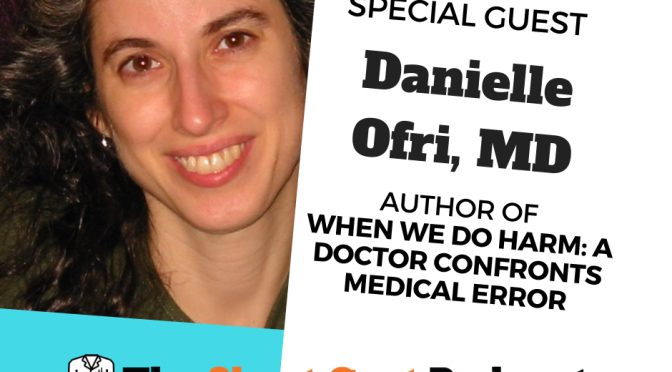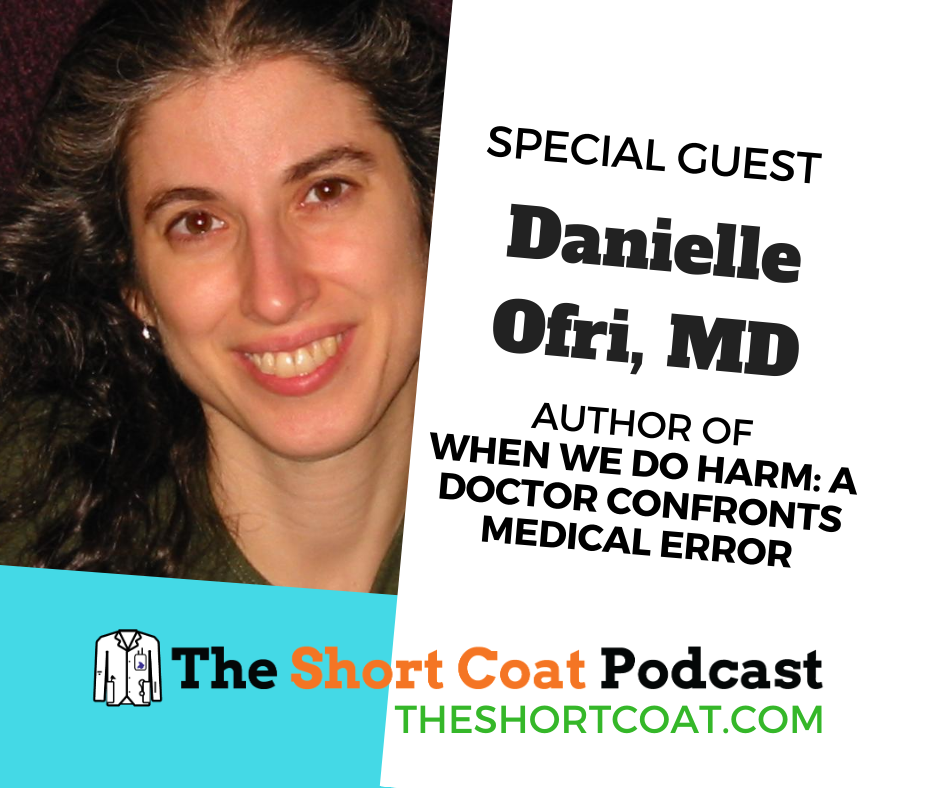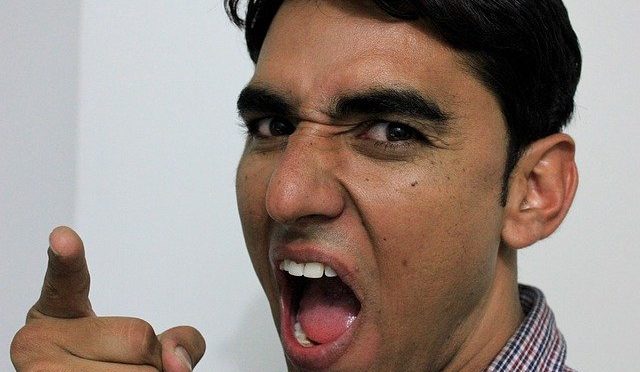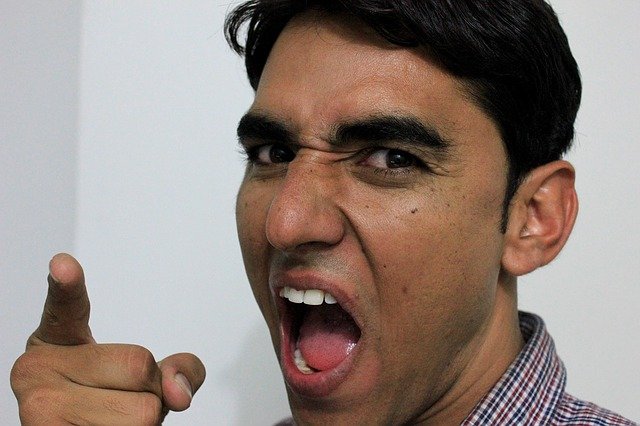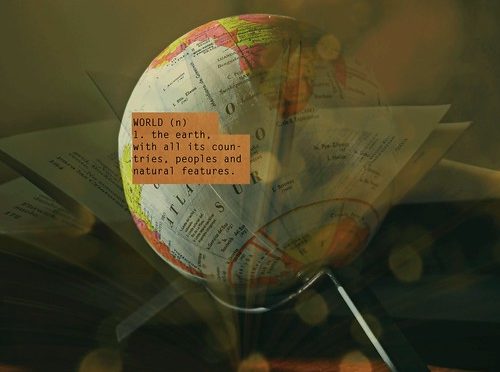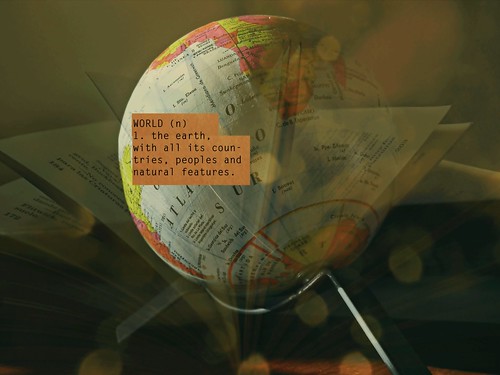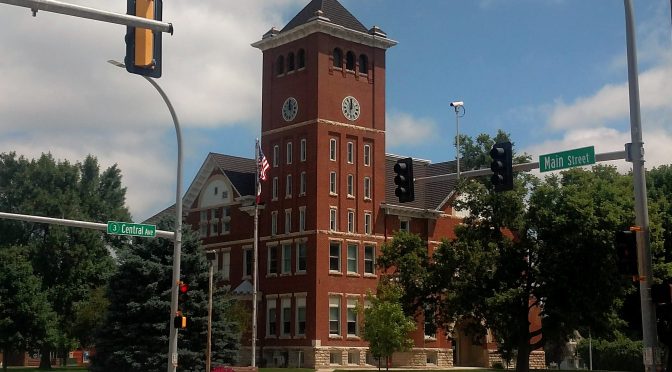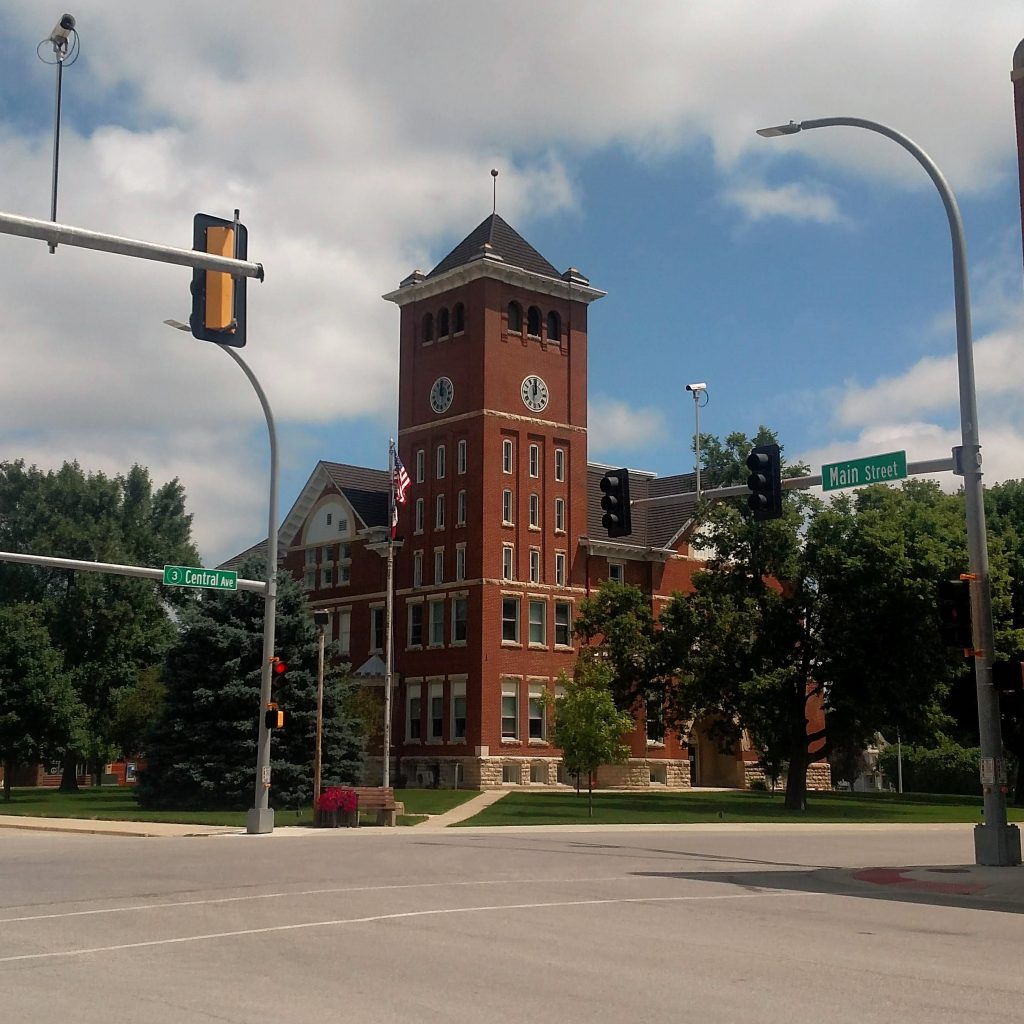Podcast: Play in new window | Download (Duration: 1:18:21 — 107.6MB)
Subscribe: Spotify | RSS | More

[This episode is sponsored by Panacea Financial, a Division of Sonabank, Member FDIC. Please support our sponsor by visiting https://panaceafinancial.com/]
In mid-November, the American Medical Association declared racism to be a public health threat. With that declaration, they adopted policies to acknowledge and recognize racism as detrimental to the health and well-being of all of America’s citizens, and to encourage the study of its effects and the creation of medical education curricula.
Great! But this week’s co-hosts, Nathen Spitz, Aline Sandouk, Sahaana Arumugam, and Ananya Munjal, have mixed feelings and hope that the AMA won’t be among the many institutions that have made similar declarations without taking real action.
But first, listener Malcolm wrote in to theshortcoats@gmail.com to ask how he might take advantage of his fortunate position as the holder of multiple acceptances to medical school in negotiating for financial aid. The co-hosts have definitely got some advice, based mostly upon our fantasies of being in the same position.
We Want to Hear From You
How’d we do on this week’s show? Did we miss anything in our conversation? Did we anger you? Did we make you smile? Call us at 347-SHORTCT anytime or email theshortcoats@gmail.com. It’s always a pleasure to hear from you!

